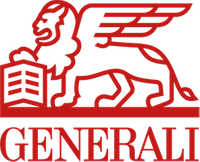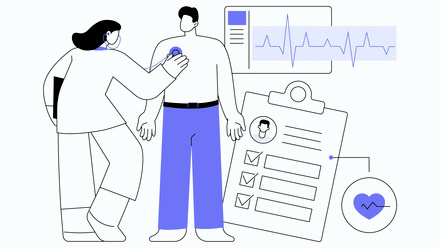How to use benefits data to design a joined-up approach

Well-designed medical claim reports offer focused information to help benefit managers make important decisions about group cover and implement supplemental health programmes.
There are various options in the market, but the best medical reports are those that present data in an aggregated but highly interactive format, allowing users to study spending trends at the country level, with data sorted by population type, benefit and diagnostic categories and medical provider, as well as side analyses of peak claims and high claimants, and changes in the number of covered lives (i.e. “exposures”). Data subsets allow benefit managers to pinpoint root causes for year-over-year changes in utilisation of medical services, including incidence, frequency and unit cost of services.
With a comprehensive data set, benefit managers can make informed decisions regarding plan design, terms & conditions, eligibility, provider networks, HR policy and relevant wellness initiatives.
The best solutions generally involve building closer partnerships and working collaboratively – across HR, Rewards, Health & Safety, Risk Management, and with local insurers – to achieve more informed decision-making at the local and global level.
Case study
As an example of how data can be applied, GEB’s Medical Dashboard Reports for one large client revealed an unusually high volume of respiratory claims in Thailand, representing 23 per cent of total paid claims. Of those claims, 63 per cent were attributed to inpatient and outpatient services for acute upper respiratory tract infections (e.g. the common cold) and 37 per cent to influenza / pneumonia.
Through further analysis, we found that the influenza and pneumonia claims were mainly incurred by dependant children, with 77 per cent of these claims resulting from inpatient hospitalisation. Further research identified some interesting hospital admission patterns worth querying. To address this problem, it was clear that a more complex and comprehensive solution was required beyond the introduction of a general vaccination campaign for employees.
We also discovered that dependant children were being admitted during evening hours to lower-cost hospitals, suggesting that the difficulty caring for children during the work day may have motivated decisions for hospital admissions for illnesses that might be more appropriately addressed at home or in an outpatient setting. To address this issue and respiratory illnesses in general, GEB recommended the following:
- A family health day hosted by the employer, including free flu and pneumonia vaccinations for children as well as employees;
- An HR Policy Review to consider allowed absence(s) from work to care for dependants (especially for lower paid staff);
- A review of and possible enhancement to outpatient cover to ensure sufficient benefits for treatment of respiratory illnesses in the outpatient setting;
- An education and awareness campaign to help employees and their families learn how to avoid and manage colds and flus;
- Use of telemedicine for medical advice on how to provide care at home, and to avoid symptom escalation among children (especially dehydration), as well as to obtain medical clearance to reduce unnecessary doctors’ visits;
- Implementation of a focused pre-authorisation process/triage service for hospitalisation related to respiratory illnesses;
- Consultation between the insurer and the treating hospitals to review the medical necessity criteria for hospitalisations for influenza;
- An assessment of office air quality, changing of air filters, improved sterilisation of all office surfaces;
- A smoking cessation campaign.
By using data to drive insight and inform decisions, benefit managers and their insurers can more precisely address trends and cost drivers, allowing for a more effective – and affordable – health benefit programme for global staff.
The author is Daniela Masters, Head of Health & Wellness Programmes, Generali Employee Benefits Network (GEB).
This article is provided by Generali.
Supplied by REBA Associate Member, Generali UK Branch
Generali UK provides insurance solutions to the UK employees of multinational clients.







